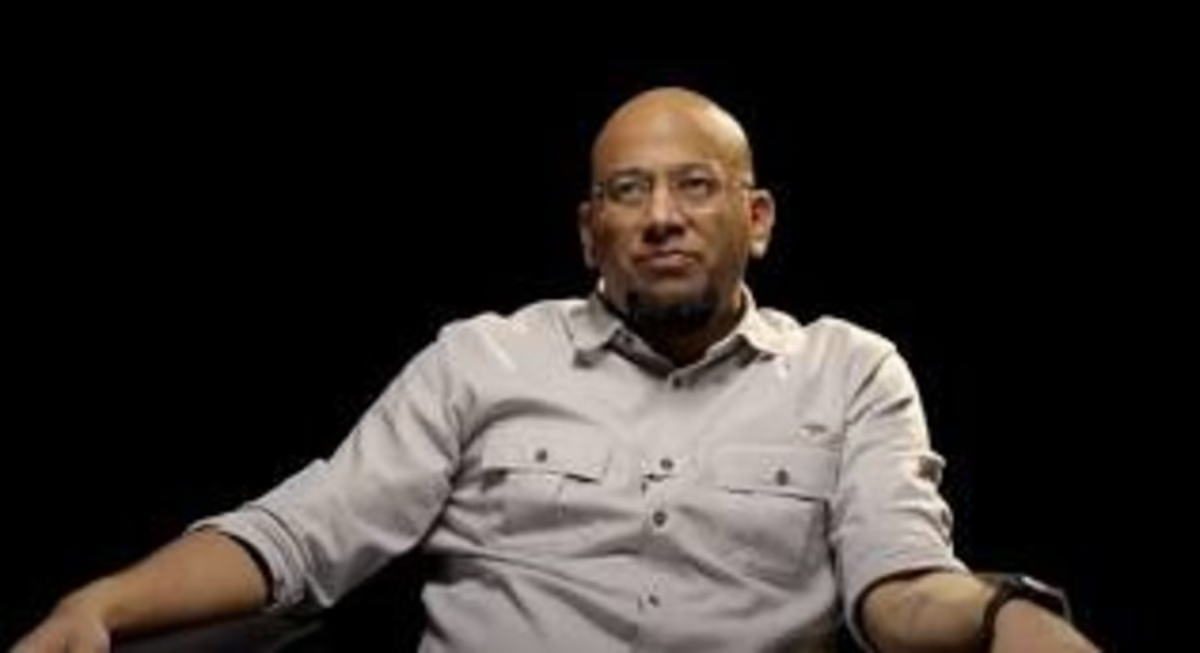In a lengthy post on LinkedIn, Bombay Shaving Company CEO Shantanu Deshpande said most Indian employees dislike their jobs and would stop working entirely if their financial needs were met.
Shantanu Deshpande, the CEO of Bombay Shaving Company, has ignited a discussion regarding workplace culture through a recent post on social media. In his LinkedIn commentary, he asserted that a significant number of Indian employees harbor a dislike for their jobs and would cease working altogether if their financial requirements were adequately met.
In his post, Shantanu Deshpande remarked, “One of the unfortunate and belated realizations I have come to is that most individuals do not enjoy their work. If every person in India were provided with sustainable income and the financial stability that their current employment offers, 99 percent would not report to work the following day.”
His observations were not confined to particular sectors; he emphasized that this discontent is prevalent across various industries, encompassing blue-collar workers, startups, government personnel, and even those in insurance sales.
“From blue-collar laborers to government employees, gig workers, factory staff, insurance agents, bank employees, small business proprietors, and even ‘fun and employee-friendly startups’ like BSC (my HR might be displeased with me :)) – the narrative remains consistent. The disparity is stark,” he noted.
Shantanu Deshpande further elaborated
“This is the reality. For many, the starting point is zero, and work becomes a necessity to support spouses, children, elderly parents, and dependent siblings.”
He likened India’s work culture to a “dangling carrot” system, stating, “To draw individuals away from their homes and families for extended hours, sometimes for days on end, with the lure of a paycheck – we have come to accept this as normal because it has been the status quo for over 250 years. This is how nations have been constructed. Thus, we continue this practice.”
“However, I increasingly find myself questioning the fairness of this situation,” he added.

Deshpande also addressed the issue of wealth inequality in India, pointing out that a substantial portion of the nation’s wealth is held by merely 2,000 families, who contribute less than 1.8 percent of the total tax revenue.
In India, 2,000 families possess 18 percent of the nation’s wealth, a situation that is quite alarming. While the exact figures may be uncertain, it is evident that these families contribute less than 1.8 percent in taxes, he remarked.
He further stated, “These families, along with others like myself who are considered ‘equity builders’—albeit in a much smaller capacity—propagate a narrative of ‘hard work leading to success.’ This perspective is not only self-serving but also reflects the lack of alternative pathways we are aware of.”
He noted, “A notable statistic is that 75 percent of billionaires are self-made; however, the base number is exceedingly small.”
In a call for greater empathy among those with resources, he concluded, “Life is incredibly challenging for the majority. Very few individuals can alter this reality. Many carry unseen burdens while maintaining a facade of resilience. If you are in a position of privilege, it is essential to be kind and generous, and to assist as many individuals as possible in their ascent.”
You may also like
Latest jobs & career opportunities in emerging technologies



